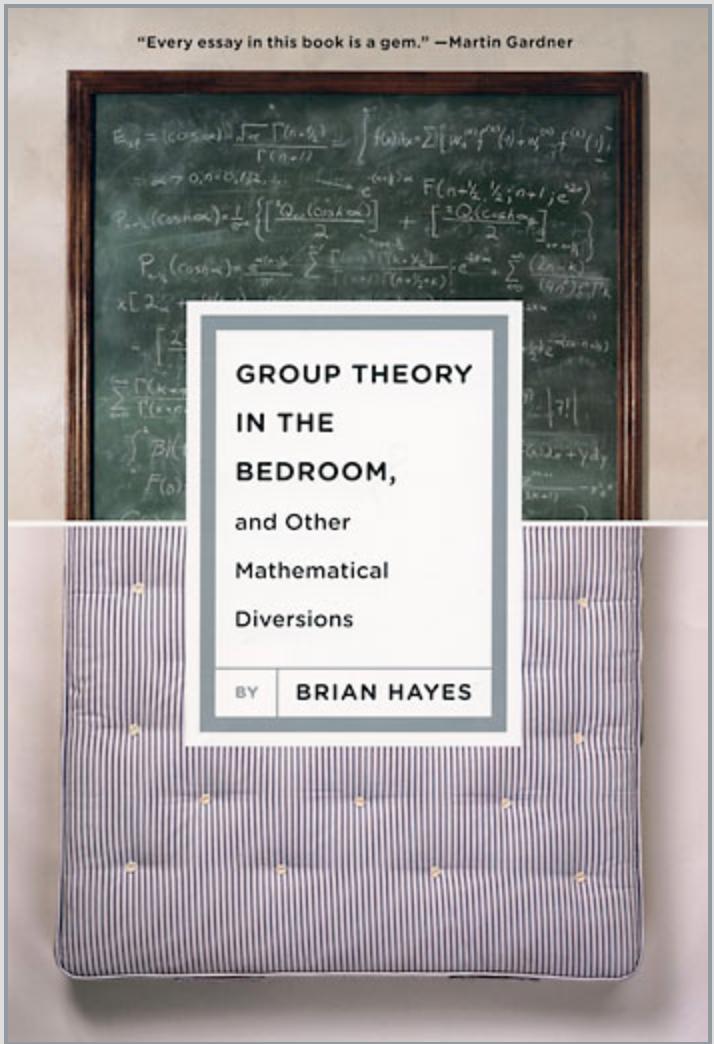The Man Who Counted, by Malba Tahan
Written in Brazil, set in the Middle East, these stories follow the adventures of Beremiz, an accomplished mathematical problem-solver. He uses math to settle disputes, solve riddles and mysteries, and entertain his hosts. The series of 34 adventures, each with a math puzzle, is reminiscent of the Arabian Nights.
So it's not developing a particular topic.
How to Count Like a Martian, by Glory St.John
A really good way to understand place value is to work with other number bases. How to Count Like a Martian is a detective story in which the history of other number systems plays a starring role.
“Out of the depths of the dark and starry night come the first of the faint and mysterious sounds … At your radio telescope, you are expertly tuning the dials.” You have just received a message from Mars. “You know that this is not a message in words. Martians and Earthlings would have too much trouble trying to find the same words to succeed that way. But there is another kind of language that both Martians and Earthlings understand.”
Numbers… And so you research the number systems that have been used on Earth, hoping that will help you decipher this message. The book proceeds to explain eight different counting systems, including the abacus, and computers.
In the process, the concepts of place value (she just calls it place), base, and zero are explored. By the end of the book, you can see that the beeps and bee-beeps of the message you received are just the counting numbers, Martian style.
How to Count Like a Martian was written in 1975, when there were still dials and tape recorders. those two items may be the only evidence of its age.
The Number Devil, by Hans Magnus Enzensberger
The Number Devil visits Robert in his dreams, and gets him thinking about the strangest things! Rutabaga numbers and prima donnas (roots and primes) are just the beginning. This one includes Pascal's (aka Jia Xian's) triangle.
Mathematics: A Human Endeavor, by Harold Jacobs
This is a delightful textbook. It explores logic, symmetry, functions, ...
Who Is Fourier? by Transnational College of LEX
Fourier series, approachable with very little background.
